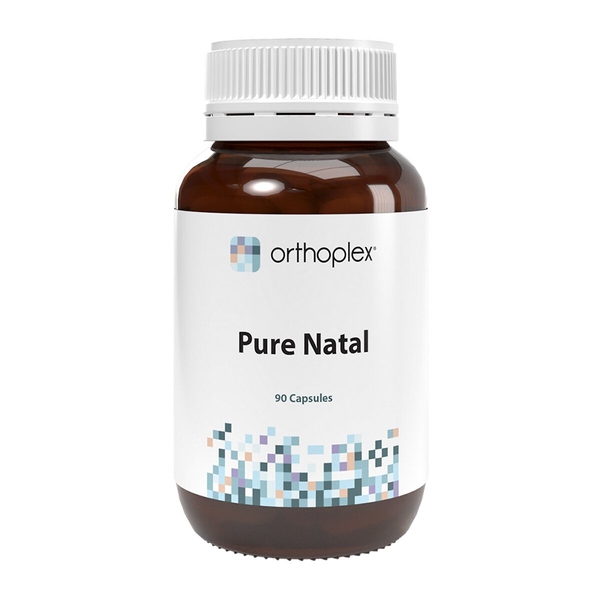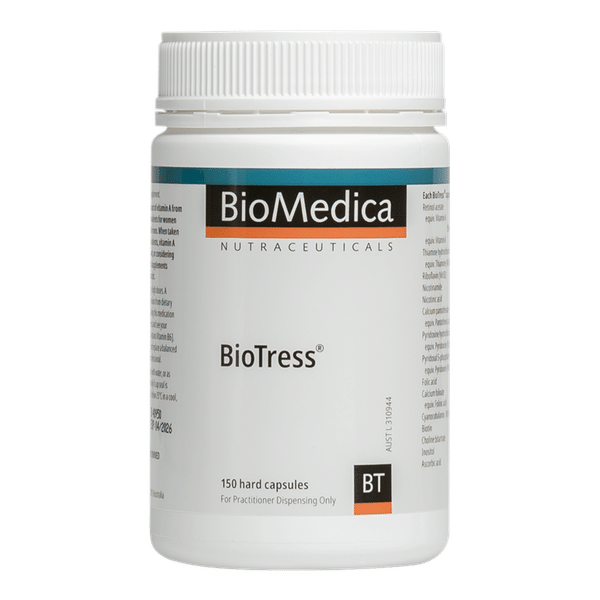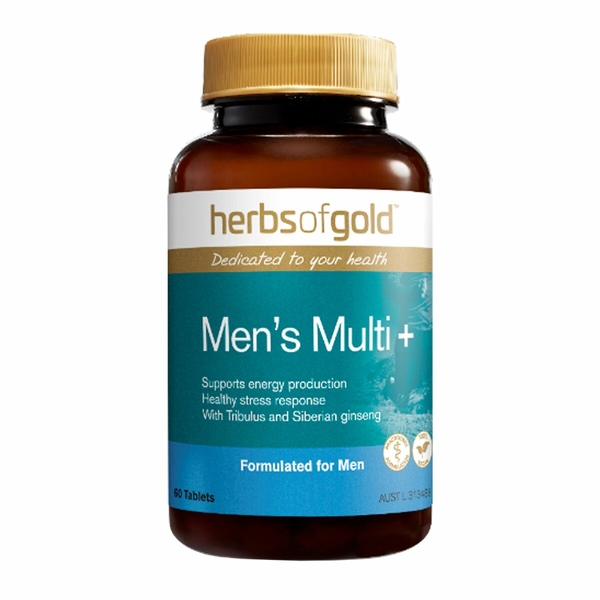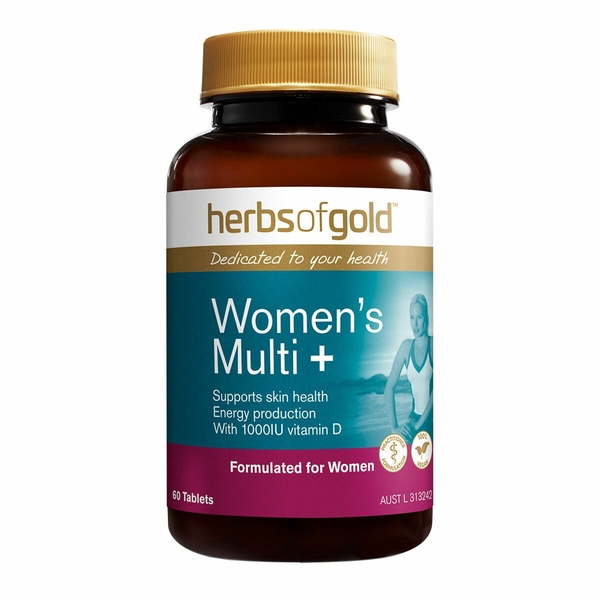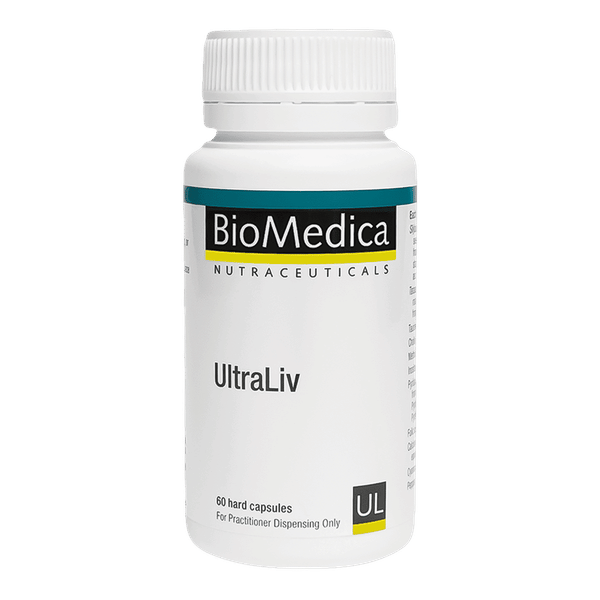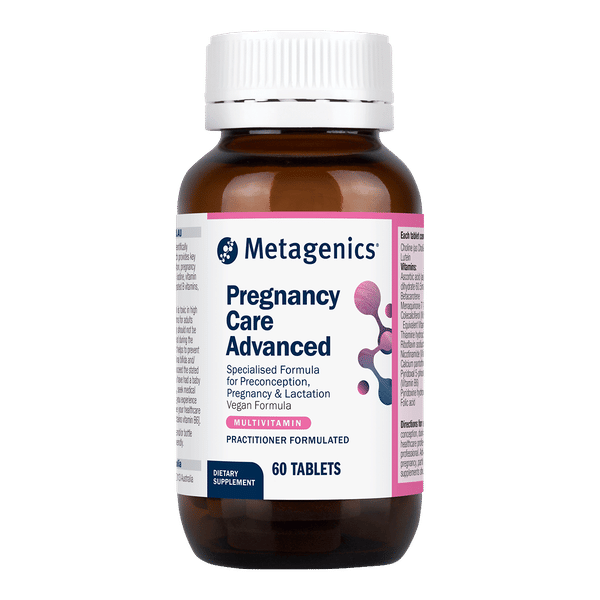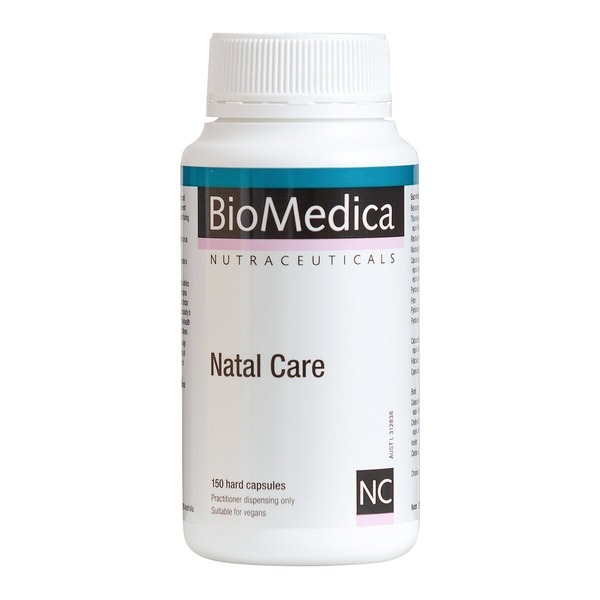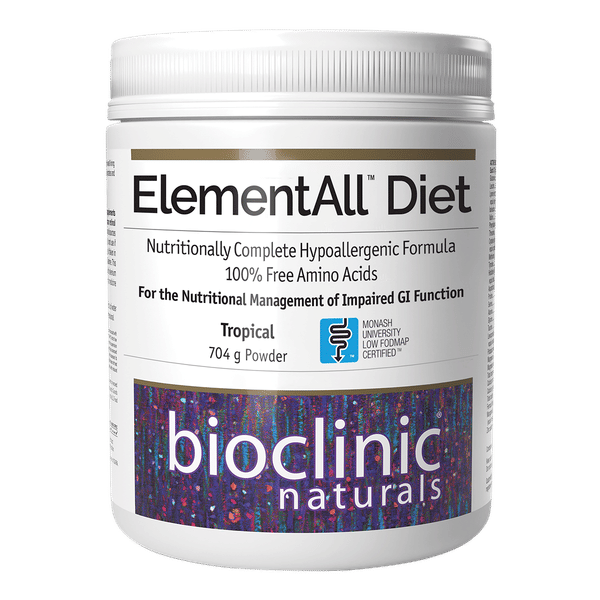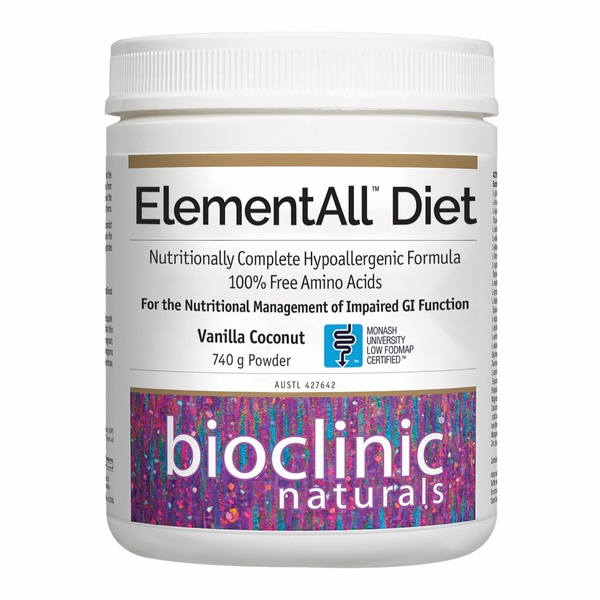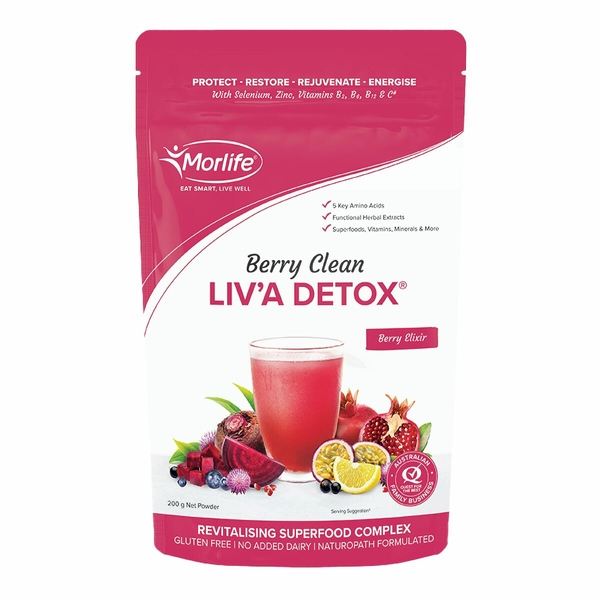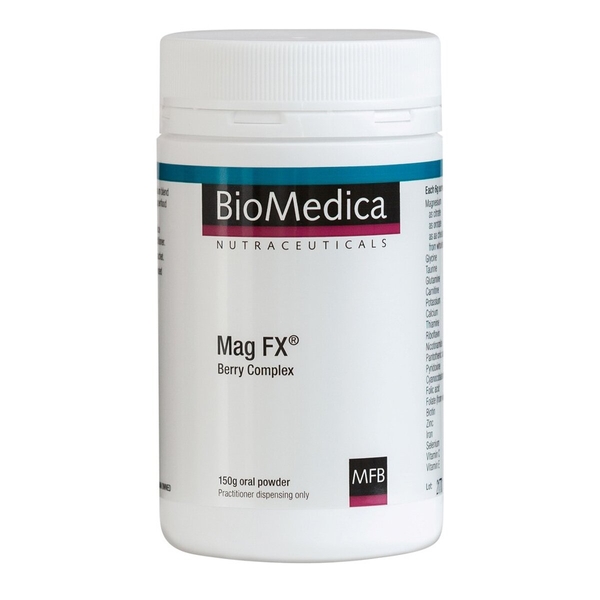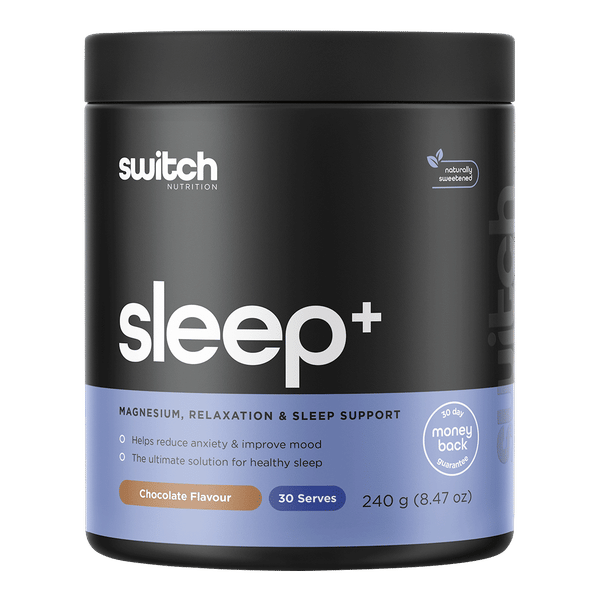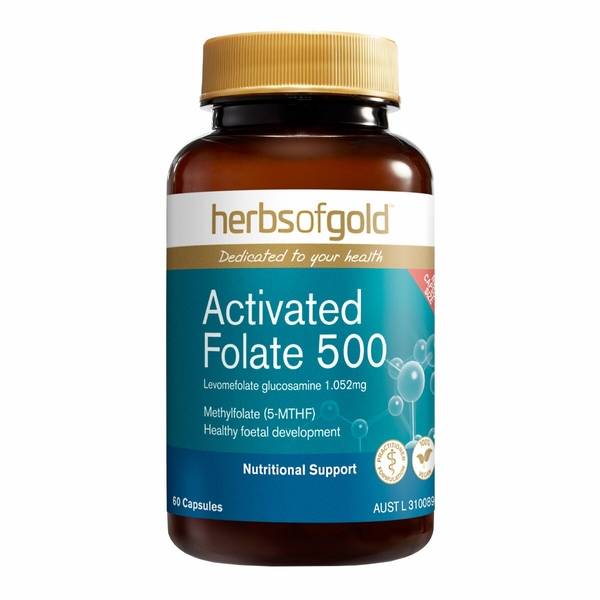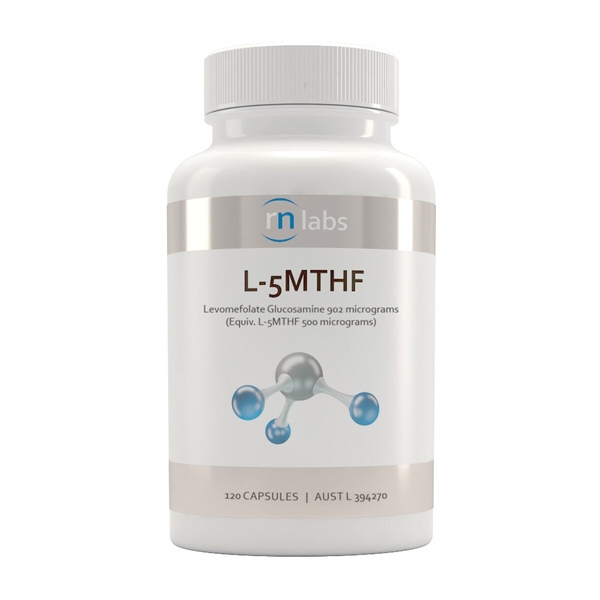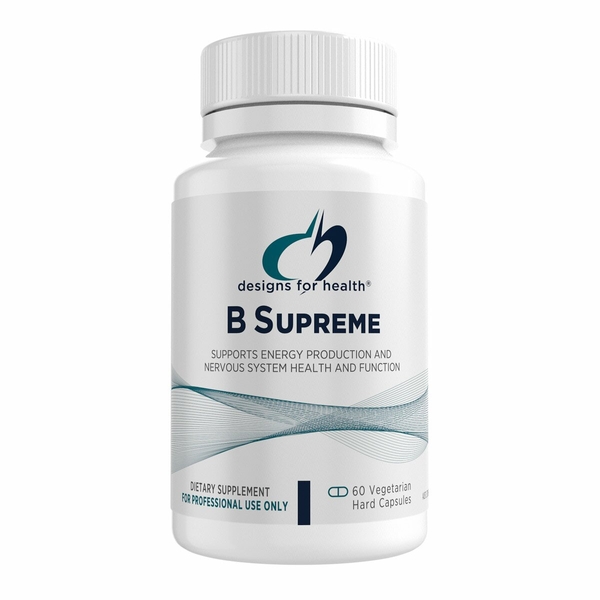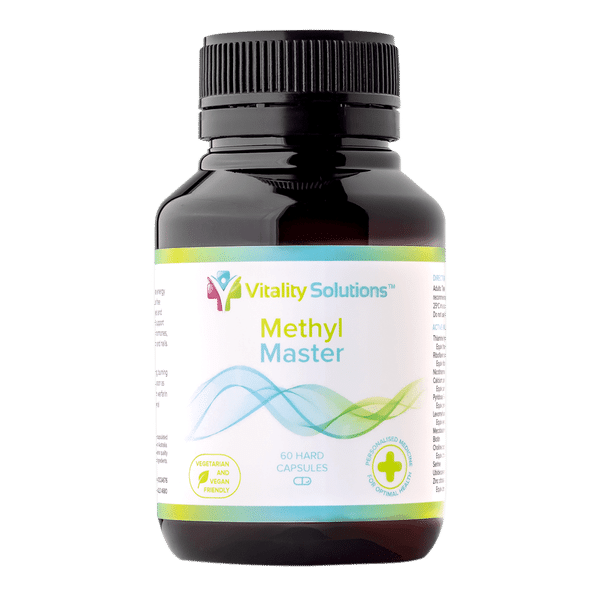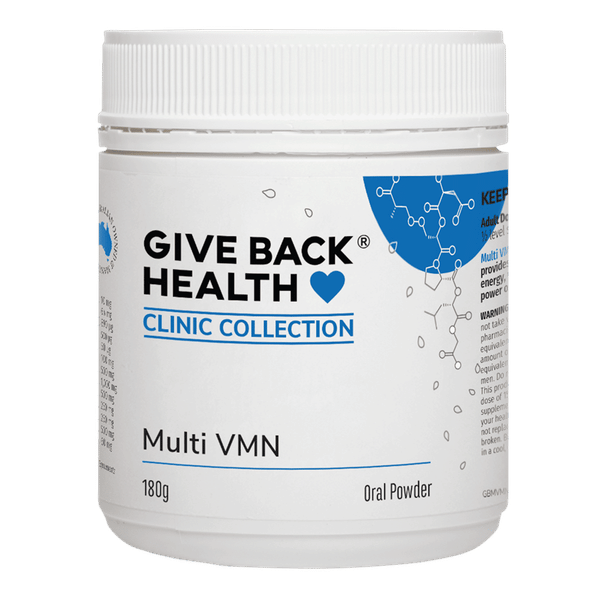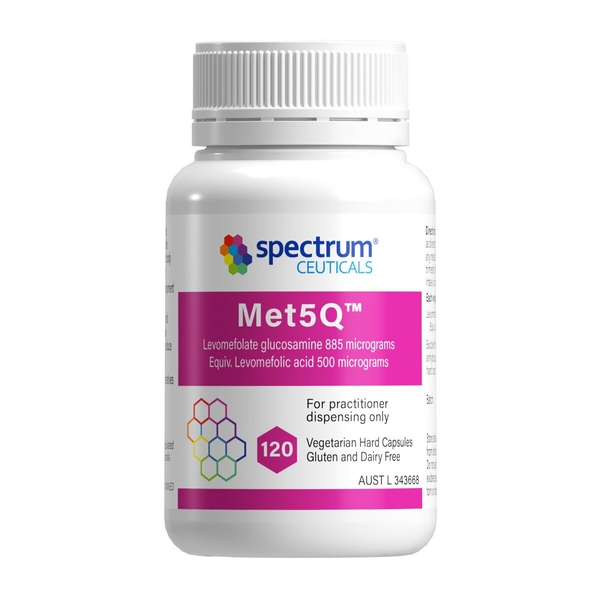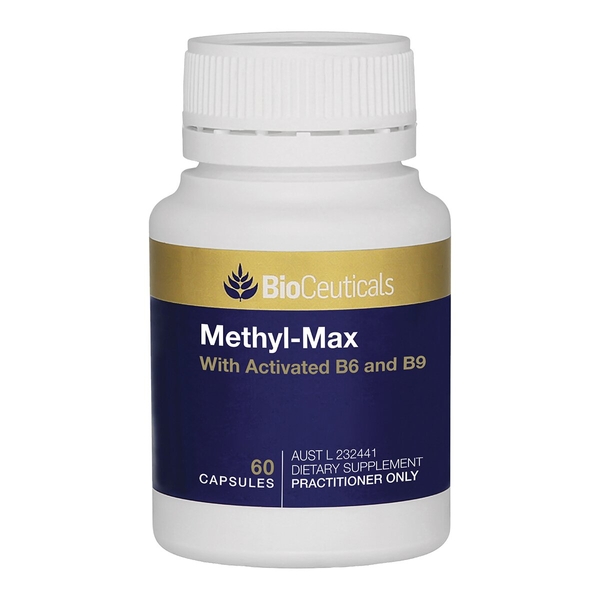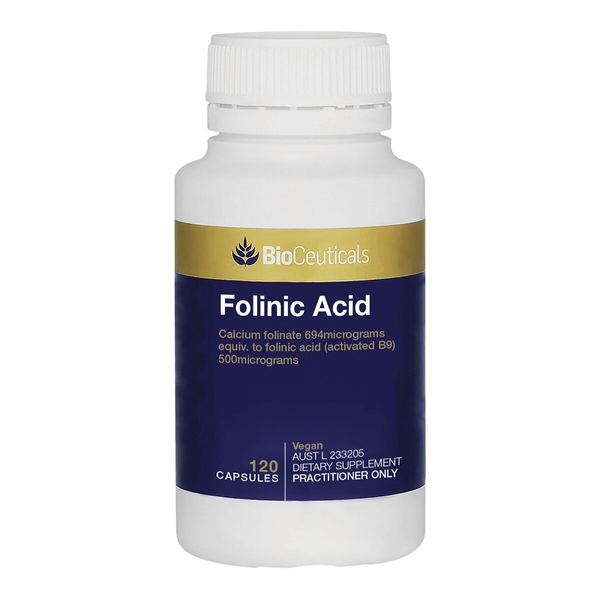
Background
Since 1998, folic acid has been added to cold cereals, flour, breads, pasta, bakery items, cookies, and crackers, as required by federal law. Foods that are naturally high in folate include leafy vegetables, okra, asparagus, certain fruits, beans, yeast, mushrooms, animal liver and kidney, orange juice, and tomato juice. Folic acid is also available as a supplement, and is often used in combination with other B vitamins.
Folic acid is used for preventing and treating low blood levels of folate (folate deficiency) and high blood levels of homocysteine (hyperhomocysteinemia). Folic acid is also taken during pregnancy to prevent serious birth defects such as spina bifida. Folic acid is also used for many other conditions including depression, stroke, decline in memory and thinking skills, and many others.
Safety Safety definitions
Another form of folic acid, L-5-methyltetrahydrofolate (L-5-MTHF), can also be found in supplements. This type of folic acid is possibly safe for most people in doses up to about 400 mcg daily.
There is some concern that taking too much folic acid for a long time might cause serious side effects. Some research suggests that taking folic acid in doses of 0.8-1.2 mg daily might increase the risk for cancer or increase the risk of heart attack in people who have heart problems.
Special Precautions & Warnings:
Pregnancy and breast-feeding: Folic acid 300-400 mcg daily is recommended during pregnancy to prevent certain birth defects. The maximum recommended amount of folic acid during pregnancy or breastfeeding is 800 mcg daily for those under 18 years of age and 1000 mcg daily for those over 18 years of age. Do not use more unless directed by a healthcare professional.Another form of folic acid, L-5-methyltetrahydrofolate (L-5-MTHF), can also be found in supplements. This type of folic acid is possibly safe to take at a dose of up to 400 mcg daily when pregnant or breastfeeding.
Children: It is likely safe for children to take folic acid by mouth in the recommended amounts for their age. But children should avoid taking folic acid in doses that are higher than the daily upper limits. These limits are 300 mcg for 1-3 years of age, 400 mcg for 4-8 years of age, 600 mcg for 9-13 years of age, and 800 mcg for 14-18 years of age.
Another form of folic acid, L-5-methyltetrahydrofolate (L-5-MTHF), can also be found in supplements. This type of folic acid is possibly safe in children.
Procedures to widen narrowed arteries (angioplasty): Using folic acid, vitamin B6, and vitamin B12 might worsen narrowed arteries. Folic acid should not be used by people recovering from this procedure.
Cancer: Early research suggests that taking 0.8-1 mg of folic acid daily might increase the risk of cancer. Until more is known, people with a history of cancer should avoid high doses of folic acid.
Seizure disorder: Taking folic acid supplements, especially in high doses, might make seizures worse in people with seizure disorders.
Vitamin B12 deficiency: Taking folic acid supplements might improve certain lab tests in people with low vitamin B12 levels. This may make it seem like vitamin B12 deficiency is improved when it isn't. If left untreated, this could cause permanent nerve damage.
Effectiveness
- Folate deficiency. Taking folic acid improves folate deficiency.
- High levels of homocysteine in the blood (hyperhomocysteinemia). This condition has been linked to heart disease and stroke. Taking folic acid by mouth lowers homocysteine levels in people with normal or high homocysteine levels and in people with kidney failure.
- Toxicity caused by the drug methotrexate. Taking folic acid by mouth seems to reduce nausea and vomiting from methotrexate treatment.
- Birth defects of the brain and spine (neural tube birth defects). Consuming folic acid 600-800 mcg by mouth daily during pregnancy reduces the risk of these birth defects. Folic acid can come from the diet or supplements. Some people who are at high risk should get 4000-5000 mcg daily.
- Decline in memory and thinking skills in older people. Taking folic acid by mouth, with or without other supplements, may improve memory and thinking skills in older people who have a larger decline in thinking skills than expected at that age. But it doesn't seem to work in older people who are experiencing the usual decline in thinking skills for their age.
- Depression. Taking folic acid by mouth along with antidepressants seems to improve symptoms in some people with depression.
- High blood pressure. Taking folic acid by mouth daily for at least 6 weeks reduces blood pressure in some people with high blood pressure who are not taking other blood pressure medications.
- Gum enlargement caused by the drug phenytoin. Applying folic acid to the gums seems to prevent this issue. But taking folic acid by mouth doesn't seem to help.
- Stroke. In areas of the world that don't add folic acid to grain products, taking folic acid supplements can reduce the risk of stroke. But supplements don't seem to be helpful for people who live in countries that do add folic acid to grain products.
- A skin disorder that causes white patches to develop on the skin (vitiligo). Taking folic acid by mouth seems to improve symptoms of this condition.
- Non-cancerous growths in the large intestine and rectum (colorectal adenoma). Taking folic acid supplements does not prevent growths in the large intestine or rectum.
- An inherited condition marked by learning disabilities (fragile-X syndrome). Taking folic acid by mouth does not improve symptoms of fragile X syndrome.
- Preterm birth. Taking folic acid by mouth during pregnancy does not decrease the risk of having a premature baby. But it does help to prevent other health issues in the baby.
- Low levels of healthy red blood cells (anemia) due to iron deficiency. Adding folic acid to an iron supplement does not help to treat anemia any better than taking an iron supplement alone.
- Decline in memory and thinking skills that occurs normally with age. Taking folic acid by mouth doesn't seem to prevent a decline in mental function that occurs normally in healthy aging adults.
- Cataracts. Taking folic acid by mouth with vitamin B6 and vitamin B12 does not prevent cataracts. In fact, it might increase the number of cataracts that need to be removed.
- Diarrhea. Taking folic acid by mouth doesn't seem to prevent diarrhea in children who are at risk of malnutrition. In fact, it may even increase the risk of having diarrhea that lasts more than a few days.
- Fall prevention. Taking folic acid by mouth with vitamin B12 does not seem to prevent falls in older people who are also taking vitamin D.
- Male infertility. Taking folic acid by mouth, alone or with other ingredients, does not seem to improve male fertility.
- Death of an unborn or premature baby. Taking folic acid by mouth during pregnancy does not seem to reduce the risk of a baby dying just before or after birth. But it does help prevent other health issues in the baby.
- Cancer of the white blood cells (leukemia). Taking folate by mouth during pregnancy does not reduce the risk of this type of cancer in children.
- Weak and brittle bones (osteoporosis). In elderly individuals with osteoporosis, taking folic acid by mouth with vitamin B12 and/or vitamin B6 does not seem to prevent broken bones.
- Physical performance in elderly adults. Taking folic acid by mouth with vitamin B12 doesn't seem to help older people walk better or have stronger hands.
- High blood pressure during pregnancy. High-dose folic acid supplements do not seem to reduce blood pressure during pregnancy, or the risk of developing a condition called pre-eclampsia.
- Infection of the airways. Taking folic acid by mouth doesn't seem to prevent infections in the lungs in children at risk of malnutrition.
Dosing & administration
The RDA in adults is 400 mcg DFE daily. In pregnancy, the RDA is 600 mcg DFE daily. When breastfeeding, the RDA is 500 mcg DFE daily. In children, the RDA depends on age. Speak with a healthcare provider to find out what dose might be best for a specific condition.
Interactions with pharmaceuticals
5-Fluorouracil
Interaction Rating=Moderate Be cautious with this combination.
There is some concern that taking large amounts of folic acid with 5-fluorouracil might increase some side effects of 5-fluorouracil, especially stomach problems. Talk with your healthcare provider before taking folic acid.
Capecitabine (Xeloda)
Interaction Rating=Moderate Be cautious with this combination.
There is some concern that taking large amounts of folic acid might increase the side effects of capecitabine, especially stomach problems like diarrhea and vomiting. Talk with your healthcare provider before taking folic acid.
Fosphenytoin (Cerebyx)
Interaction Rating=Moderate Be cautious with this combination.
Fosphenytoin is used for seizures. The body breaks down fosphenytoin to get rid of it. Folic acid can increase how quickly the body breaks down fosphenytoin. Taking folic acid along with fosphenytoin might decrease the effects of fosphenytoin for preventing seizures.
Phenobarbital (Luminal)
Interaction Rating=Moderate Be cautious with this combination.
Phenobarbital is used for seizures. Taking folic acid can decrease how well phenobarbital works for preventing seizures.
Phenytoin (Dilantin)
Interaction Rating=Moderate Be cautious with this combination.
The body breaks down phenytoin to get rid of it. Folic acid might increase how quickly the body breaks down phenytoin. Taking folic acid and taking phenytoin might decrease the effectiveness of phenytoin and increase the possibility of seizures.
Primidone (Mysoline)
Interaction Rating=Moderate Be cautious with this combination.
Primidone is used for seizures. Folic acid might cause seizures in some people. Taking folic acid along with primidone might decrease how well primidone works for preventing seizures.
Pyrimethamine (Daraprim)
Interaction Rating=Moderate Be cautious with this combination.
Pyrimethamine is used to treat parasite infections. Folic acid might decrease the effects of pyrimethamine for treating parasite infections.
Interactions with herbs & supplements
Zinc: Folic acid might interfere with zinc absorption. But people who get enough zinc in their diet do not need to worry about this effect.
Interactions with foods
But drinking green tea might lower folic acid levels in the body. If you have low folic acid levels, avoid drinking green tea.
Products
View all products- Levomefolate calcium (Activated folate) 325 μg equiv. levomefolic acid 300 μg
- Folic acid 200 μg
- Cholecalciferol (Vitamin D3) 25 μg equiv. vitamin D 1000 IU
- Mecobalamin (Vitamin B12) 400 μg
- Potassium iodide 353.17 μg equiv. iodine 270 μg
- Zinc citrate dihydrate 38.34 mg equiv. zinc 12.3 mg
- Iron bisglycinate 35.4 mg equiv. iron 8 mg
- Beta-carotene carotenoids (Vitamin A) 3 mg
- Thiamine nitrate (Vitamin B1) 30 mg equiv. thiamine 24.32 mg
- Riboflavin 5-phosphate sodium (Activated B2) 20 mg equiv. riboflavin 15.2 mg
- Nicotinamide (Vitamin B3) 35 mg
- Calcium pantothenate (Vitamin B5) 40 mg equiv. pantothenic acid 36.64 mg
- Pyridoxine hydrochloride (Vitamin B6) 30 mg equiv. pyridoxine 24.68 mg
- Pyridoxal 5-phosphate (P5P) 11 mg equiv. pyridoxine 7.53 mg
- Biotin 300 μg
- Choline bitartrate 100 mg
- Inositol 50 mg
- Chromium nicotinate 200 μg equiv. chromium 25 μg
- Chromium picolinate 200 μg equiv. chromium 25 μg
- Phytomenadione (Vitamin K1) 70 μg
- Manganese amino acid chelate 10 mg equiv. manganese 1 mg
- Silica - colloidal anhydrous 10 mg equiv. silicon 4.67 mg
- Selenomethionine 150 μg equiv. selenium 60 μg
- Menaquinone 7 (Vitamin K2) 20 μg
- Calcium hydrogen phosphate dihydrate 6.32 mg equiv. calcium 1.47 mg
- Magnesium ascorbate monohydrate (Vitamin C) 168 mg equiv. ascorbic acid 151 mg equiv. magnesium 10.4 mg
- Calcium ascorbate dihydrate (Vitamin C) 182 mg equiv. ascorbic acid 150 mg equiv. calcium 17 mg
- Molybdenum trioxide 75 μg equiv. molybdenum 50 μg
- Calcium folinate (Activated folate) 114 μg equiv. folinic acid 105 μg
- Folic acid 95 μg
- Retinyl acetate (Vitamin A) 177.1 μg equiv. vitamin A 500 IU equiv. retinol equivalents 150 μg RE
- Cyanocobalamin (Vitamin B12) 200 μg
- Ascorbic acid (Vitamin C) 100 mg
- Cholecalciferol 6.25 μg equiv. vitamin D3 250 IU
- d-alpha-Tocopheryl acid succinate 41.3 mg equiv. vitamin E 50 IU
- Zinc citrate dihydrate 23.36 mg equiv. zinc 7.5 mg
- Thiamine hydrochloride (Vitamin B1) 41.24 mg equiv. thiamine 32.45 mg
- Riboflavin (Vitamin B2) 15 mg
- Nicotinamide (Vitamin B3) 107.5 mg
- Nicotinic acid (Vitamin B3) 2.5 mg
- Calcium pantothenate (Vitamin B5) 75 mg equiv. pantothenic acid 68.71 mg
- Biotin 50 μg
- Choline bitartrate 25 mg
- Inositol 12.5 mg
- Selenomethionine 62 μg equiv. selenium 25 μg
- Potassium citrate 12.44 mg equiv. potassium 4.5 mg
- Magnesium amino acid chelate 50 mg equiv. magnesium 10 mg
- Manganese amino acid chelate 5 mg equiv. manganese 500 μg
- Chromium picolinate 200 μg equiv. chromium 25 μg
- Copper gluconate 360 μg equiv. copper 50 μg
- Phytomenadione (Vitamin K1) 50 μg
- Calcium phosphate 12.9 mg equiv. calcium 5 mg
- Silica - colloidal anhydrous 12.83 mg equiv. silica 6 mg
- Molybdenum trioxide 75 μg equiv. molybdenum 50 μg
- Potassium iodide 85 μg equiv. iodine 65 μg
- Mentha x piperita oil 1 mg
- Total Pyridoxine 15.1 mg
- Total Bioflavonoids 12.5 mg
- Levomefolate calcium (Activated folate) 124 μg equiv. levomefolic acid 100 μg
- Folic acid 100 μg
- Tribulus terrestris ext. 20 mg
- Thiamine nitrate (Vitamin B1) 61.7 mg
- Riboflavin (Vitamin B2) 50 mg
- Nicotinamide (Vitamin B3) 75 mg
- Calcium pantothenate 81.9 mg equiv. calcium 6.9 mg equiv. pantothenic acid 75 mg
- Pyridoxine hydrochloride (Vitamin B6) 60.8 mg equiv. pyridoxine 50 mg
- Mecobalamin (Vitamin B12) 100 μg
- Ascorbic acid (Vitamin C) 100 mg
- Cholecalciferol 25 μg equiv. vitamin D3 1000 IU
- d-alpha-Tocopheryl acid succinate 10.5 mg equiv. vitamin E 12.7 IU
- Biotin 250 μg
- Inositol 50 mg
- Alpha lipoic acid 30 mg
- Lycopene 1 mg
- Calcium citrate tetrahydrate 99.53 mg equiv. calcium 21 mg
- Chromium picolinate 199.5 μg equiv. chromium 24.8 μg
- Copper gluconate 7.14 mg equiv. copper 1 mg
- Iron amino acid chelate 30 mg equiv. iron 3 mg
- Magnesium citrate 154.7 mg equiv. magnesium 25 mg
- Manganese sulphate monohydrate 1.54 mg equiv. manganese 500 μg
- Potassium phosphate monobasic 24.5 mg equiv. potassium 7 mg
- Potassium iodide 50 μg equiv. iodine 38 μg
- Selenomethionine 186.3 μg equiv. selenium 75 μg
- Zinc amino acid chelate 50 mg equiv. zinc 10 mg
- Tribulus terrestris ext. 20 mg
- Eleutherococcus senticosus ext. 133.3 mg
- Turnera diffusa ext. 50 mg
- Withania somnifera ext. 20 mg
- Levomefolate calcium (Activated folate) 124 µg equiv. levomefolic acid 100 µg
- Folic acid 200 µg
- Co-methylcobalamin (Vitamin B12) 100 µg
- Ascorbic acid (Vitamin C) 100 mg
- Cholecalciferol 25 µg equiv. vitamin D3 1000 IU
- d-alpha-Tocopheryl acid succinate 41.3 mg equiv. vitamin E 50 IU
- Zinc citrate dihydrate 31.15 mg equiv. zinc 10 mg
- Thiamine hydrochloride (Vitamin B1) 25 mg equiv. thiamine 22.3 mg
- Riboflavin (Vitamin B2) 25 mg
- Nicotinamide (Vitamin B3) 50 mg
- Calcium pantothenate (Vitamin B5) 100 mg equiv. pantothenic acid 91.6 mg
- Pyridoxine hydrochloride (Vitamin B6) 60.8 mg equiv. pyridoxine 50 mg
- Biotin 50 µg
- Choline bitartrate 25 mg
- Citrus bioflavonoids extract 50 mg
- Inositol 25 mg
- Calcium hydrogen phosphate 169.72 mg equiv. calcium 50 mg
- Calcium citrate tetrahydrate 71.09 mg equiv. calcium 15 mg
- Calcium pantothenate 100 mg equiv. calcium 8.4 mg
- Chromium nicotinate 417 µg equiv. chromium 50 µg
- Silica - colloidal anhydrous 42.78 mg equiv. silicon 20 mg
- Copper gluconate 3.57 mg equiv. copper 500 µg
- Ferrous fumarate 16.01 mg equiv. iron 5 mg
- Magnesium amino acid chelate 125 mg equiv. magnesium 25 mg
- Manganese amino acid chelate 10 mg equiv. manganese 1 mg
- Potassium iodide (Iodine) 196 µg equiv. iodine 150 µg equiv. potassium 46 µg
- Selenomethionine 124 µg equiv. selenium 50 µg
- Vitis vinifera ext. 100 mg
- Silybum marianum ext. 14.3 mg
- Calcium folinate (Activated folate) 108 μg equiv. folinic acid 100 μg
- Folic acid 99 μg
- Silybum marianum ext. 171.43 mg
- Taraxacum officinale ext. 50 mg
- Taurine 100 mg
- Mentha x piperita oil 4 mg
- Choline bitartrate 150 mg
- L-methionine 50 mg
- Inositol 100 mg
- Cyanocobalamin (Vitamin B12) 100 μg
- Total Pyridoxine 5.5 mg
- Levomefolate glucosamine (Activated folate) 89 µg equiv. levomefolic acid 50 µg
- Folic acid 200 µg
- Co-methylcobalamin (Vitamin B12) 250 µg
- Potassium iodide 195.6 µg equiv. iodine 149.5 µg
- Iron bisglycinate 60 mg equiv. iron 12 mg
- Choline bitartrate 168 mg equiv. choline 69 mg
- Lutein 1 mg
- Calcium ascorbate dihydrate (Vitamin C) 60.5 mg equiv. ascorbic acid 50 mg
- Beta-carotene carotenoids (Vitamin A) 3 mg
- Menaquinone 7 (Vitamin K2) 15 µg
- Cholecalciferol 12.5 µg equiv. vitamin D3 500 IU
- Thiamine hydrochloride (Vitamin B1) 12.5 mg
- Riboflavin 5-phosphate sodium (Activated B2) 12.5 mg
- Nicotinamide (Vitamin B3) 15 mg
- Calcium pantothenate (Vitamin B5) 12.5 mg
- Pyridoxal 5-phosphate monohydrate (P5P) 12.5 mg equiv. pyridoxine 7.98 mg
- Pyridoxine hydrochloride (Vitamin B6) 12.5 mg equiv. pyridoxine 10.3 mg
- Biotin 35 µg
- Manganese amino acid chelate 8 mg equiv. manganese 1.3 mg
- Chromium nicotinate 250 µg equiv. chromium 25 µg
- Molybdenum trioxide 37.5 µg equiv. molybdenum 25 µg
- Selenomethionine 62.5 µg equiv. selenium 25 µg
- Zinc bisglycinate (Zinc amino acid chelate) 50 mg equiv. zinc 10 mg
- Calcium folinate (Activated folate) 54.25 μg equiv. folinic acid 50 μg
- Folic acid 200 μg
- Selenomethionine 125 μg equiv. selenium 50 μg
- Zinc citrate dihydrate 31.1 mg equiv. zinc 10 mg
- Potassium iodide 183 μg equiv. iodine 140 μg
- Total Pyridoxine 25 mg
- Pyridoxine hydrochloride (Vitamin B6) 22.12 mg equiv. pyridoxine 18.2 mg
- Pyridoxal 5-phosphate monohydrate (P5P) 10.7 mg equiv. pyridoxine 6.8 mg
- Beta-carotene carotenoids (Vitamin A) 3 mg
- Thiamine hydrochloride (Vitamin B1) 25 mg equiv. thiamine 19.67 mg
- Riboflavin (Vitamin B2) 20 mg
- Niacinamide (Vitamin B3) 30 mg
- Calcium pantothenate (Vitamin B5) 25 mg equiv. pantothenic acid 22.9 mg equiv. calcium 2.1 mg
- Cyanocobalamin (Vitamin B12) 200 μg
- Biotin 100 μg
- Cholecalciferol 12.5 μg equiv. vitamin D3 500 IU
- Choline bitartrate 40 mg equiv. choline 16.5 mg
- Inositol 20 mg
- Calcium phosphate 53.33 mg equiv. calcium 20.7 mg
- Chromium picolinate 201 μg equiv. chromium 25 μg
- Chromium chloride hexahydrate 384 μg equiv. chromium 75 μg
- Copper gluconate 357 μg equiv. copper 50 μg
- Iron amino acid chelate 22.5 mg equiv. iron 4.5 mg
- Molybdenum trioxide 37.5 μg equiv. molybdenum 25 μg
- Potassium citrate 13.83 mg equiv. potassium 5 mg
- Magnesium phosphate pentahydrate 96.81 mg equiv. magnesium 20 mg
- Manganese amino acid chelate 5 mg equiv. manganese 500 μg
- Phytomenadione (Vitamin K1) 50 μg
- Citrus bioflavonoids extract 15 mg
- Mentha x piperita oil 1 mg
- Ascorbic acid (Vitamin C) 82.2 mg
- Levomefolate glucosamine (Activated folate) 8 μg equiv. levomefolic acid 4.5 μg
- Folic acid 31.27 µg
- L-glutamine 2.22 g
- L-leucine 1.68 g
- Lysine hydrochloride 451.03 mg equiv. l-lysine 361 mg
- L-isoleucine 450 mg
- L-valine 450 mg
- L-phenylalanine 200 mg
- L-threonine 200 mg
- Cysteine hydrochloride 45 mg equiv. cysteine 31.04 mg
- L-methionine 120 mg
- L-tyrosine 112.5 mg
- Histidine hydrochloride 185.25 mg equiv. l-histidine 150 mg
- L-aspartic acid 111 mg
- L-proline 111 mg
- L-serine 27.75 mg
- L-alanine 27.75 mg
- Glycine 27.75 mg
- Taurine 11 mg
- Zinc sulphate monohydrate 5.7 mg equiv. zinc 2.08 mg
- Sodium ascorbate (Vitamin C) 22.5 mg equiv. ascorbic acid 20 mg
- d-alpha-Tocopheryl acetate 10 mg equiv. vitamin E 10 IU
- Retinol palmitate (Vitamin A) 421.72 µg equiv. vitamin A 230.21 µg equiv. vitamin A 767 IU
- Cyanocobalamin (Vitamin B12) 2 µg
- Levocarnitine tartrate (L-carnitine) 10.99 mg equiv. levocarnitine 7.5 mg
- Potassium citrate 402.65 mg equiv. potassium 145.75 mg
- Magnesium citrate 166.67 mg equiv. magnesium 27 mg
- Ferrous fumarate 4.6 mg equiv. iron 1.5 mg
- Manganese sulphate monohydrate 10.14 mg equiv. manganese 330 µg
- Selenomethionine 28.59 µg equiv. selenium 11.54 µg
- Copper sulfate pentahydrate 654.7 µg equiv. copper 167 µg
- Molybdenum trioxide 10.56 µg equiv. molybdenum 8 µg
- Chromium picolinate 30.87 μg equiv. chromium 3.84 μg
- Potassium iodide 22 µg equiv. iodine 17 µg
- Borax 2.20 mg equiv. boron 250 µg
- Choline bitartrate 80.89 mg equiv. choline 33.25 mg
- Nicotinamide (Vitamin B3) 3.25 mg
- Pyridoxine hydrochloride (Vitamin B6) 790 µg equiv. pyridoxine 650 µg
- Cholecalciferol 1.65 µg equiv. vitamin D3 66 IU
- Riboflavin (Vitamin B2) 500 µg
- Thiamine nitrate (Vitamin B1) 616.83 µg equiv. thiamine 500 µg
- Biotin 50 µg
- Calcium pantothenate (Vitamin B5) 3.53 mg equiv. pantothenic acid 3.25 mg
- Phytomenadione (Vitamin K1) 10 µg
- Glucose monohydrate 12.5 g
- Sunflower lecithin 250 mg
- Magnesium glycerophosphate 50.12 mg equiv. magnesium 6.25 mg
- Calcium glycerophosphate 392.73 mg equiv. calcium 75 mg
- Calcium phosphate 62.62 mg equiv. calcium 25 mg
- Chromic chloride hexahydrate 46.95 μg equiv. chromium 9.16 μg
- Medium Chain Triglycerides (powder) (MCT) 3 g
- Levomefolate glucosamine (Activated folate) 8 µg equiv. levomefolic acid 4.5 µg
- Folic acid 31.27 µg
- Glutamine 2.22 g
- L-leucine 1.68 g
- Lysine hydrochloride 451.03 mg equiv. lysine 361 mg
- L-isoleucine 450 mg
- L-valine 450 mg
- L-phenylalanine 200 mg
- L-threonine 200 mg
- Cysteine hydrochloride 45 mg equiv. cysteine 31.04 mg
- L-methionine 120 mg
- L-tyrosine 112.5 mg
- Histidine hydrochloride 185.25 mg equiv. l-histidine 150 mg
- L-aspartic acid 111 mg
- L-proline 111 mg
- L-serine 27.75 mg
- Glycine 27.75 mg
- L-alanine 27.75 mg
- Taurine 11 mg
- Levocarnitine tartrate (L-carnitine) 10.99 mg equiv. levocarnitine 7.5 mg
- Potassium citrate 402.6 mg equiv. potassium 145.74 mg
- Magnesium citrate 167.09 mg equiv. magnesium 27 mg
- Magnesium glycerophosphate 49.99 mg equiv. magnesium 6.25 mg
- Calcium phosphate 62.64 mg equiv. calcium 25 mg
- Calcium glycerophosphate 393.27 mg equiv. calcium 75 mg
- Ferrous fumarate 45.6 mg equiv. iron 1.5 mg
- Manganese sulphate monohydrate 1.02 g equiv. manganese 330 µg
- Zinc sulphate monohydrate 5.74 mg equiv. zinc 2.08 mg
- Selenomethionine 28.64 µg equiv. selenium 11.54 µg
- Copper sulfate pentahydrate 656.27 µg equiv. copper 167 µg
- Molybdenum trioxide 12 µg equiv. molybdenum 8 µg
- Chromic chloride hexahydrate 46.95 µg equiv. chromium 9.16 µg
- Chromium picolinate 30.89 µg equiv. chromium 3.84 µg
- Potassium iodide 22.25 µg equiv. iodine 17 µg
- Borax 2.2 mg equiv. boron 250 µg
- Choline bitartrate 80.84 mg equiv. choline 33.25 mg
- Sodium ascorbate (Vitamin C) 22.5 mg equiv. ascorbic acid 20 mg
- dl-alpha-Tocopheryl acetate 10 mg equiv. vitamin E 10 IU
- Nicotinamide (Vitamin B3) 3.25 mg
- Retinol palmitate 418.58 µg equiv. vitamin A 767 IU
- Pyridoxine hydrochloride (Vitamin B6) 790 µg equiv. pyridoxine 650 µg
- Cholecalciferol 1.65 µg equiv. vitamin D3 66 IU
- Riboflavin (Vitamin B2) 500 µg
- Thiamine nitrate (Vitamin B1) 616.83 µg equiv. thiamine 500 µg
- Biotin 50 µg
- Calcium pantothenate (Vitamin B5) 3.53 mg equiv. pantothenic acid 3.25 mg
- Phytomenadione (Vitamin K1) 10 µg
- Cyanocobalamin (Vitamin B12) 2 µg
- Glucose monohydrate (Dextrose) 12.5 g
- Sunflower lecithin 250 mg
- Medium Chain Triglycerides (powder) (MCT) 3 g
- Folic acid
- Schisandra chinensis
- Berberis vulgaris
- Cynara scolymus
- Silybum marianum
- Passionfruit
- Citrus limon (Lemon)
- Piper nigrum
- Zingiber officinale
- Camellia sinensis
- Beta vulgaris
- Ribes nigrum
- L-glutamine
- L-glycine
- L-methionine
- Zinc gluconate
- Taurine
- Choline bitartrate
- Pyridoxine hydrochloride (Vitamin B6)
- Selenomethionine
- Cyanocobalamin (Vitamin B12)
- Apple pectin
- Riboflavin (Vitamin B2)
- Natural flavours
- Rosmarinus officinalis
- Echinacea angustifolia
- Malpighia glabra
- Curcuma longa
- L-cysteine
- Oryza sativa (Rice hulls)
- Silicon dioxide
- Punica granatum
- Vaccinium corymbosum (fruit) powder
- Folic acid
- Magnesium citrate
- Magnesium glycinate
- Fragaria ananassa (juice) powder (Strawberry)
- Euterpe oleracea (berry) ext. (Acai)
- Aristotelia chilensis (Maqui berry)
- Garcinia mangostana (fruit) powder
- Lycium barbarum (fruit)
- Glycine
- Magnesium orotate
- Potassium citrate
- Taurine
- L-glutamine
- Coconut water powder
- Beta vulgaris (root) powder (Beetroot)
- Calcium citrate
- Natural strawberry flavour
- Levocarnitine tartrate (L-carnitine)
- Curry leaf extract
- Psidium guajava (Guava)
- Citrus limon (Lemon)
- Phyllanthus emblica
- Ocimum tenuiflorum
- Bixa orellana
- Malic acid
- Silica - colloidal anhydrous
- Pyridoxine hydrochloride (Vitamin B6)
- Calcium pantothenate (Vitamin B5)
- Zinc citrate dihydrate
- Riboflavin (Vitamin B2)
- Nicotinamide (Vitamin B3)
- Thiamine hydrochloride (Vitamin B1)
- Cyanocobalamin (Vitamin B12)
- Thaumatin
- Punica granatum
- Rubus idaeus (fruit) powder
- Calcium L-5-methyltetrahydrofolate (Methyl folate) 400 μg
- L-glycine 2.5 g
- Magnesium citrate 320 mg
- Prunus cerasus 0.5 g
- Myo-inositol 0.9 g
- Flavour
- Phosphatidylserine enriched soy (powder) (Lecithin) 100 mg
- 5-Hydroxytryptophan (5-HTP) 99 mg
- Sodium ascorbate (Vitamin C) 80 mg
- Ocimum tenuiflorum 500 mg
- Zinc amino acid chelate 12 mg
- Stevia rebaubiana
- Pyridoxal 5-phosphate (P5P) 3.2 mg
- Methylcobalamin (Activated B12) 5 μg
- Bacillus coagulans 2 billion CFU
- Theobroma cacao (Cocoa powder)
- Cyamopsis tetragonoloba (Guar gum)
- Pink Himalayan crystal salt
- Xanthan gum
- Levomefolate glucosamine (Activated folate) 901.7 µg equiv. levomefolic acid 500 µg
- Pyridoxal 5-phosphate monohydrate (P5P) 78.37 mg equiv. pyridoxine 50 mg
- Co-methylcobalamin (Vitamin B12) 250 µg
- Calcium pantothenate (Vitamin B5) 109.17 mg equiv. pantothenic acid 100 mg equiv. calcium 9.16 mg
- Thiamine hydrochloride (Vitamin B1) 112.15 mg equiv. thiamine 100 mg
- Riboflavin 5-phosphate sodium (Activated B2) 68.49 mg equiv. riboflavin 50 mg
- Nicotinamide (Vitamin B3) 50 mg
- Ubidecarenone (Coenzyme Q10) 50 mg
- Biotin 2 mg
- Choline bitartrate 200 mg equiv. choline 82.26 mg
- Levomefolate glucosamine (Activated folate) 901.7 μg equiv. levomefolic acid 500 μg
- Biotin 2 mg
- Choline bitartrate 121.57 mg equiv. choline 50 mg
- L-serine 50 mg
- Ubidecarenone (Coenzyme Q10) 30 mg
- Thiamine hydrochloride (Vitamin B1) 127.1 mg equiv. thiamine 100 mg
- Riboflavin 5-phosphate sodium (Activated B2) 39.47 mg equiv. riboflavin 30 mg
- Nicotinamide (Vitamin B3) 50 mg
- Calcium pantothenate (Vitamin B5) 54.59 mg equiv. pantothenic acid 50 mg
- Pyridoxal 5-phosphate monohydrate (P5P) 47.02 mg equiv. pyridoxine 30 mg
- Mecobalamin (Vitamin B12) 500 μg
- Zinc citrate dihydrate 46.73 mg equiv. zinc 15 mg
- Levomefolate glucosamine (Activated folate) 890 μg equiv. levomefolic acid 500 μg
- Zinc citrate dihydrate 39 mg equiv. zinc 12.5 mg
- Cholecalciferol 25 μg equiv. vitamin D3 1000 IU
- Retinol acetate 828 μg equiv. vitamin A 700 μg RE
- Mecobalamin (Vitamin B12) 50 μg
- Ascorbic acid (Vitamin C) 100 mg
- Calcium citrate 1.04 g equiv. calcium 250 mg
- Menaquinone 7 (Vitamin K2) 90 μg
- Potassium iodide 196.2 μg equiv. iodine 150 μg
- Selenomethionine 148.8 μg equiv. selenium 60 μg
- Chromium nicotinate 400.8 μg equiv. chromium 50 μg
- Molybdenum trioxide 67.5 μg equiv. molybdenum 45 μg
- Thiamine hydrochloride (Vitamin B1) 10 mg equiv. thiamine 7.86 mg
- Riboflavin 5-phosphate sodium (Activated B2) 25 mg equiv. riboflavin 19.02 mg
- Nicotinamide (Vitamin B3) 25 mg
- Calcium pantothenate (Vitamin B5) 10 mg equiv. pantothenic acid 9.2 mg
- Pyridoxal 5-phosphate monohydrate (P5P) 10 mg equiv. pyridoxine 6.4 mg
- L-methionine 500 mg
- Lysine hydrochloride 1000 mg equiv. lysine 800 mg
- L-leucine 500 mg
- L-isoleucine 250 mg
- L-valine 250 mg
- Taurine 500 mg
- Ubidecarenone (Coenzyme Q10) 60 mg

